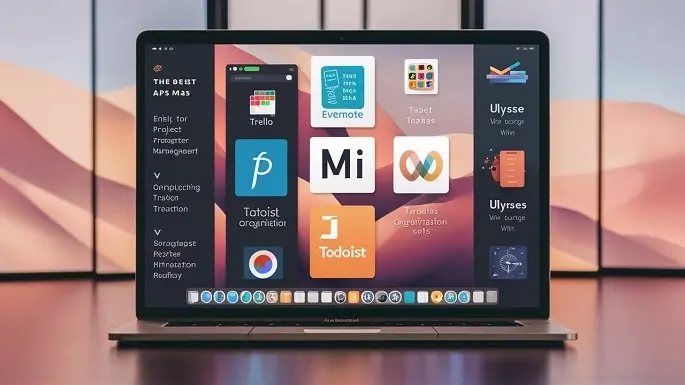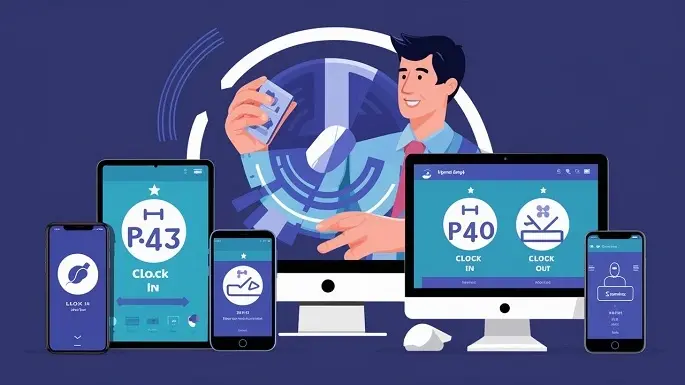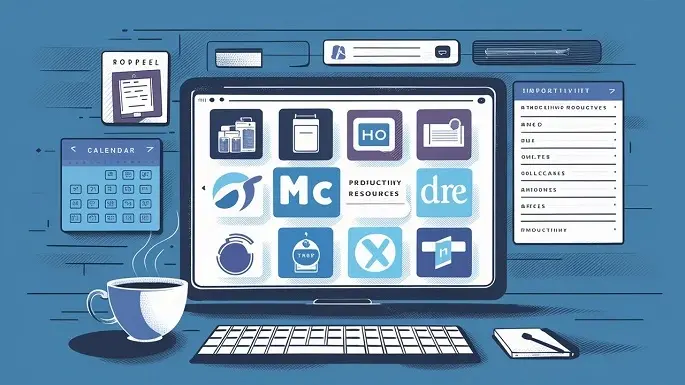In today's fast-paced world, time is a precious resource that can make or break the success of individuals and businesses alike. Whether you're a freelancer, a small business owner, or a corporate executive, managing time efficiently is crucial. This is where time-tracking software steps in as a game-changer. In this, we'll delve into the significance of time-tracking software and how it can revolutionize the way you manage your tasks and projects.
Introduction
In a world where multitasking is the norm and distractions are abundant, managing time has become increasingly challenging. Time-tracking software offers a solution by enabling individuals and organizations to monitor and analyze how time is spent on various tasks and projects.
The Evolution of Time Management
The concept of time management dates back centuries, but it has evolved dramatically with technological advancements. From manual time logs to digital spreadsheets, the journey has been one of constant improvement.
Understanding Time Tracking Software
Time tracking software is a digital tool designed to record and monitor the time spent on tasks and projects. It eliminates the need for manual timekeeping and provides accurate data for analysis.
Benefits of Time Tracking Software
1 Increased Productivity
By tracking time, individuals can identify unproductive habits and make informed changes to their work routine. This leads to enhanced productivity and better time utilization.
2 Accurate Project Estimations
For businesses, accurate time tracking aids in creating realistic project timelines and cost estimates. This results in better project management and client satisfaction.
3 Transparent Client Billing
Freelancers and service providers can transparently bill clients based on actual hours worked. This fosters trust and eliminates disputes over billing.
4 Employee Accountability
In a team setting, time tracking holds employees accountable for their tasks and deadlines. It encourages a sense of responsibility and fosters a results-oriented work culture.
Choosing the Right Time Tracking Software
1 Feature to Look For
When selecting time-tracking software, key features to consider include automatic time capture, customizable reporting, mobile accessibility, and integration with other tools.
2 Integration Capabilities
Integration with project management, billing, and communication tools enhances efficiency by streamlining processes and minimizing manual data entry.
3 User-Friendly Interface
An intuitive interface is crucial for user adoption. The software should be easy to navigate and require minimal training.
Implementing Time Tracking Across Industries
1 Freelancers and Consultants
For freelancers, time tracking offers insights into billable hours and helps in setting competitive pricing. Consultants can analyze their productivity and allocate time wisely.
2. Small and Medium-sized Enterprises (SMEs)
SMEs can benefit from accurate resource allocation, improved project management, and streamlined client invoicing using time-tracking software.
3 Large Corporations
In larger organizations, time tracking enhances project visibility, aids in resource allocation, and provides data-driven insights for process optimization.
Overcoming Challenges and Resistance
1 Addressing Privacy Concerns
Some individuals might have concerns about privacy when using time-tracking software. It's important to emphasize data security measures and provide opt-out options.
2 Encouraging Employee Adoption
Resistance from employees can be mitigated through clear communication about the benefits of time tracking, adequate training, and addressing misconceptions.
Maximizing the Benefits: Time Tracking Best Practices
1 Set Clear Guidelines and Expectations
Establish transparent guidelines on how time tracking will be used, emphasizing its purpose for productivity improvement rather than micromanagement.
2 Provide Training and Support
Comprehensive training should be provided to ensure all users understand how to use the software effectively. Adequate support should be available for troubleshooting.
3 Regularly Review and Analyze Data
Frequent review of time tracking data allows for continuous improvement. Identify trends, bottlenecks, and areas for optimization.
Future Trends in Time Tracking
1 Artificial Intelligence Integration
AI-powered features, such as automated task categorization and predictive project timelines, are expected to become integral to time-tracking software.
2 Remote Work Optimization
As remote work becomes more common, time tracking software will evolve to accommodate flexible work arrangements and ensure accurate performance measurement.
3 Enhanced Data Security
Stricter data security measures will be implemented to address concerns about data breaches and unauthorized access to sensitive time-tracking data.
Case Studies: Real-Life Impact of Time Tracking Software
Explore real-world examples of how businesses and individuals have benefited from using time-tracking software to improve productivity, streamline operations, and boost profitability.
Conclusion
Time-tracking software transcends traditional time management methods. Its benefits extend to individuals, freelancers, and businesses of all sizes, enabling them to make the most of every minute. Embracing this technology empowers us to work smarter, not just harder.
Contact us here for time tracking software now!


